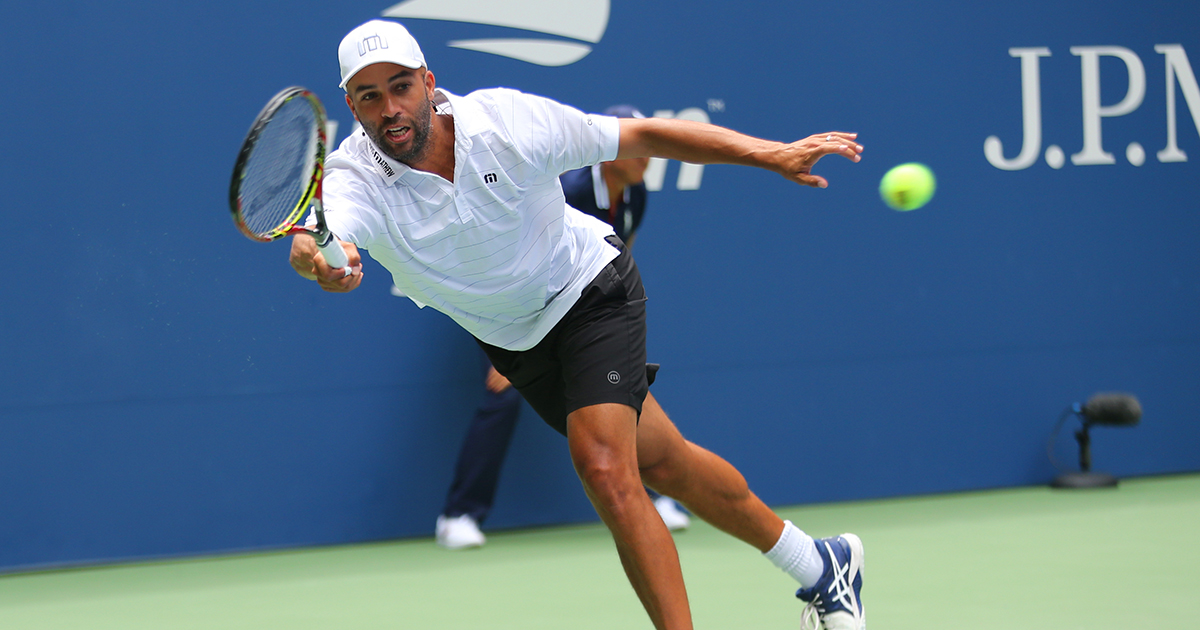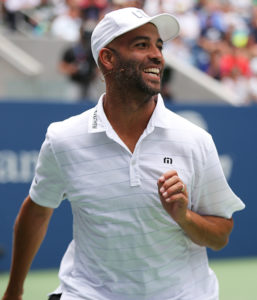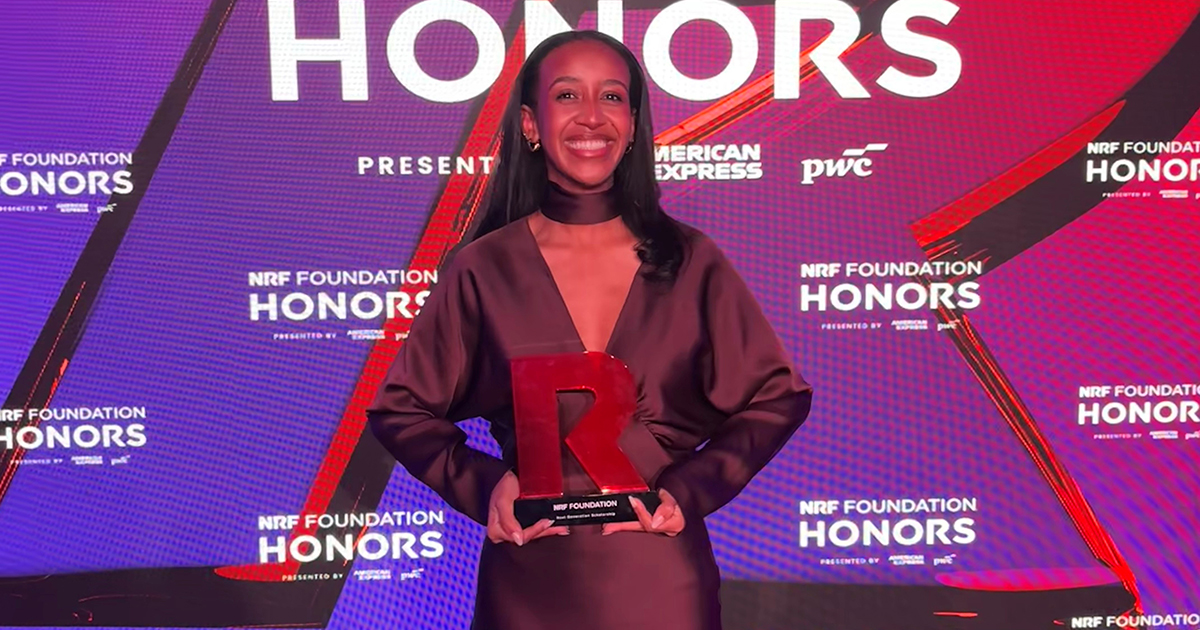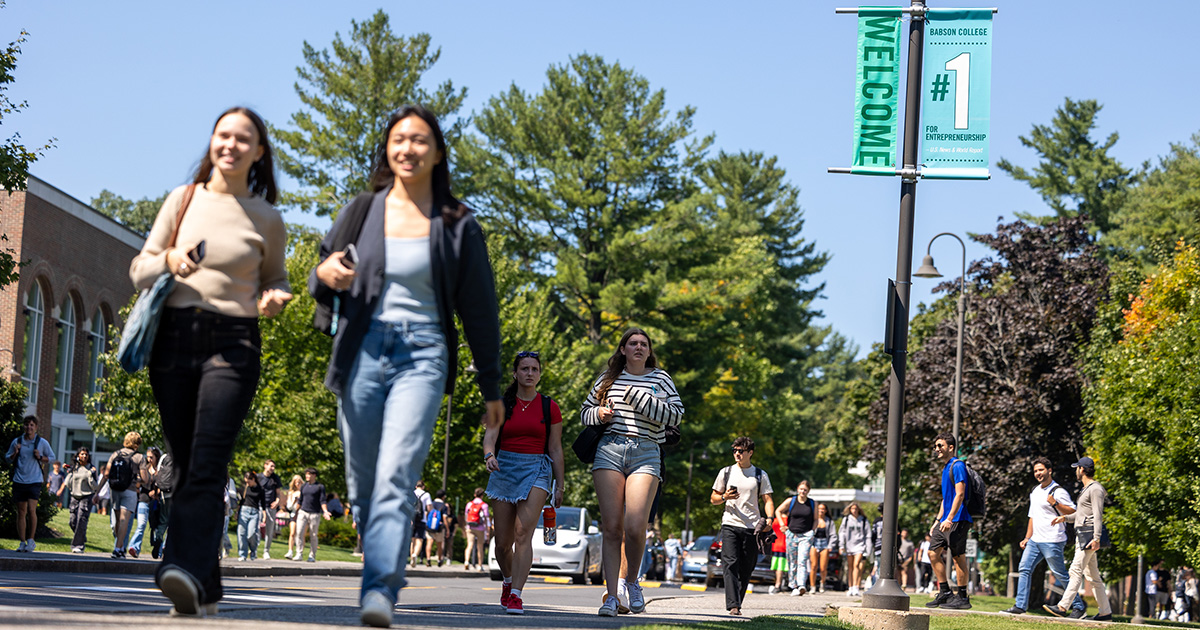When Athletes Speak Up to Make a Difference

The Winter Olympics begin this week in Beijing, offering another prime-time example of the power of sports to unite people and even nations.
Sports, though, often have provided other important lessons, beyond the camaraderie and competition.
“A lot of our social change is initiated through sports,” said Anjali Bal, associate professor of marketing at Babson College, citing athlete activists such as Jesse Owens, Muhammad Ali, Colin Kaepernick, and Olympic track star Allyson Felix. “These are people who get to the top of their field and are the best. They’re utilizing their energy to try to make the world a better place. In a lot of situations, they’re fighting for people who don’t have the same voice that they do.”
The intersection of athletes and activism is populated with examples of successful, powerful athletes using their stature and platforms to bring attention to societal injustices and, in many cases, taking action.
One of those examples is former professional tennis player James Blake, who will be the keynote speaker at Babson’s Martin Luther King Jr. Legacy Day on February 16 at the Babson Recreation and Athletics Complex (BRAC), as part of the College’s Black History Month celebration.
Adversity and Activism
Bal, also the co-chair of the MLK Legacy Day committee, says bringing an athlete to campus has been an objective for a few years. And, Blake offers a unique perspective, especially about handling adversity of all kinds.
Blake overcame scoliosis at a young age to become an All-American tennis player at Harvard before turning pro. And, he overcame a broken neck in 2004 to become the first Black male player since Arthur Ashe to be ranked in the top 10 in the world, finishing 2006 ranked as high as fourth.
Since retiring in 2013, Blake has remained active in tennis as a tournament director and commentator, and he has been an author and activist. His book, Ways of Grace: Stories of Activism, Adversity, and How Sports Can Bring Us Together, details the 2015 incident in which he was tackled and handcuffed by an undercover New York police officer who mistook him for a fraud suspect. Blake dropped his initial lawsuit and has since focused his efforts into speaking out as an activist.
“The history of athletes who make a difference is long, and it’s actually important. So many of them have made a difference and a lot of times have been on the forefront of getting society to accept and to understand what’s going on.”
James Blake, former professional tennis player and keynote speaker at Babson's MLK Legacy Day
“The history of athletes who make a difference is long, and it’s actually important,” Blake said. “So many of them have made a difference and a lot of times have been on the forefront of getting society to accept and to understand what’s going on.”
Historically, athletes who speak up often pay steep prices for their activism. A half-century ago, Ali refused to fight in Vietnam, was stripped of his heavyweight crown, and lost 3½ years of his boxing career. In recent years, Kaepernick protested police brutality by kneeling during the national anthem and saw his career as an NFL quarterback abruptly ended.
“We see a lot of athletes challenge authority of systems that are discriminatory, and then people don’t like it,” Bal said, “and they’ve been blackballed in a lot of situations for their decision to do that.”
Rethinking History
History continually is being re-examined and reinterpreted, especially in recent years with the removal of Confederate monuments and the 1619 Project. That re-examination extends, too, to sports. In 2020, Major League Baseball officially elevated the historic Negro Leagues to “major league” status.

James Blake has become an author and activist since retiring from professional tennis in 2013.
“I think many important parts of history become adapted to fit a narrative,” Blake said. “That narrative has often been whitewashed over years and generations. Thanks to those that are truly curious, more of an accurate picture can be portrayed with efforts like the 1619 Project.”
History also reinterprets the activist athletes who stand up against injustice. For example, Ali, once vilified by large segments of the population in the 1960s, became a beloved national hero by the 1996 Summer Olympics.
“We rewrite history all the time,” Bal said. “We glorify Muhammad Ali, which we should, because he was phenomenal. But, we gloss over all the negative things that happened to him because we don’t want to remember it. We’re kind of ashamed of ourselves, because he’s so loved, and at the end of the day, I think we as a community know he was right. It is hard to accept that a hero like Ali was the object of such injustice.”
Blake, who also draws comparisons to how King is revered today, expresses optimism that Kaepernick similarly may be viewed differently someday.
REGISTER TO ATTEND MLK LEGACY DAY ON CAMPUS or via LIVE STREAM.
“Obviously, Martin Luther King made the ultimate sacrifice, Muhammad Ali sacrificed his freedom, sacrificed his title, and Colin Kaepernick similarly sacrificed his career,” Blake said. “I hope as we get further and further away from it, people recognize that and appreciate the fact that he took a stand when he didn’t have to.”
Blake says athletes hold a unique position in society, with a direct connection, especially through social media, to their fans, who respect their hard work and dedication. That status often comes with a unique opportunity and responsibility.
“As an athlete and someone who got there and didn’t necessarily get there the easy way, you’ve got to put in tons of time, you have to be almost singularly focused,” he said. “But, then, when you get there, when you have success, you realize that there are plenty of others that are trying to get to where you are.”
Posted in Community




